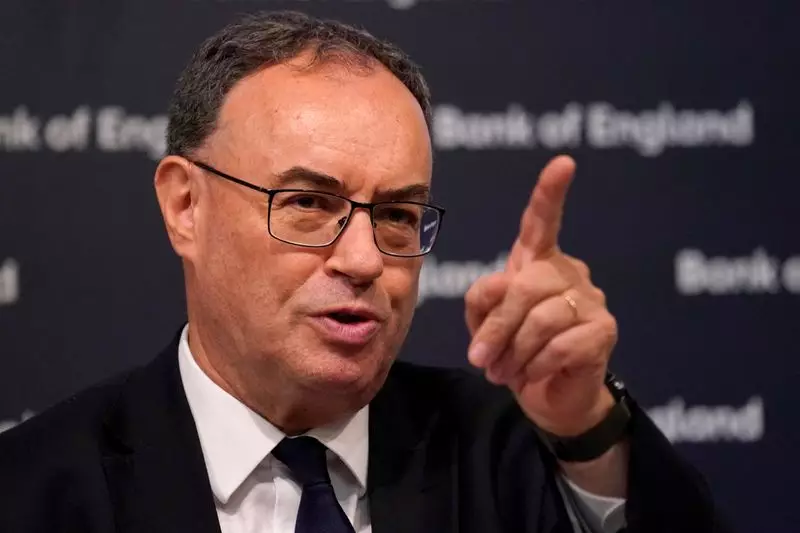The Bank of England (BoE) is at a crucial juncture regarding interest rate management. Having recently reduced its benchmark Bank Rate from 5%—the first cut in four years—the central bank is cautiously observing inflation trends. With renewed attention to inflation pressures appearing less severe than anticipated, there is a growing sentiment among policymakers, including Governor Andrew Bailey, that the BoE might adopt a more proactive stance. Investors are particularly watching for potential adjustments at the upcoming November meeting, where another quarter-point cut is anticipated.
The interplay between high inflation and subsequent interest rate adjustments is fundamentally complex. While low inflation typically allows for lower borrowing costs, persistent inflation often necessitates a sharper response to maintain economic stability. It is in this context that the BoE seems poised for further action, dependent largely on forthcoming economic indicators.
Despite the internal economic signals pointing towards a manageable inflation landscape, external factors remain a significant concern. Foremost among these is the ongoing conflict in the Middle East, which poses potential risks to oil prices and by extension, the broader economic framework. Bailey has highlighted these geopolitical tensions as a critical element that could disrupt the stability that has been achieved thus far, particularly if crude prices were to escalate dramatically.
Such geopolitical concerns are not merely abstract; they have tangible effects on market stability and consumer confidence. If oil prices were to spike due to escalated conflict, the ripple effects could reinvigorate inflationary pressures, leading to a paradox where the very actions taken to soothe economic turbulence could be undermined by uncontrollable external events.
Governor Bailey’s insights suggest a delicate balancing act for the Bank of England—it must remain vigilant to both domestic inflation signals and international developments. Should oil prices rise, the BoE may have to reconsider its planned approach to interest rate adjustments, potentially leading to a scenario where it has to act reactively rather than proactively.
This balancing act also necessitates a broader consideration of market dynamics. With the complexities inherent in global trade and energy markets, it becomes imperative for the BoE to monitor how external pressures might provoke internal strains within the UK economy, particularly in consumer sectors already facing challenges.
The Bank of England finds itself on a precipice; while it may be tempted to embrace an activist approach to interest rate cuts, it must hedge its strategies against unpredictable geopolitical developments. The interplay of inflation trends and global political climates will ultimately shape the trajectory of monetary policy moving forward. As these scenarios unfold, stakeholders across the financial landscape will be keenly scrutinizing both the BoE’s decisions and the unfolding global situation, thereby reflecting the intertwined nature of economics and international relations.

